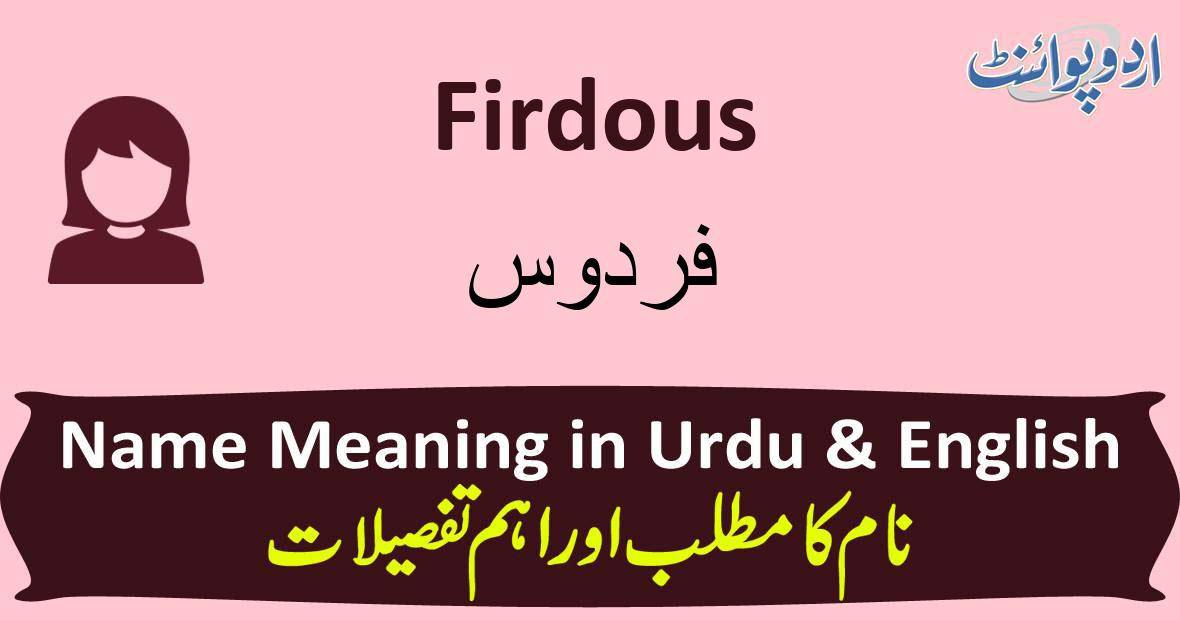How Firdous Is {Used Employed} in Urdu:
 |
| Firdous meaning in urdu |
Firdous {meaning
significance} in Urdu is a {very really} {important part of significant part}
Urdu. {It is It’s} used in many {places areas} of {the this} language and {it has
it’s} become one of the most {widely used popular} {words phrases} in the language.
The {word term} means “to melt" and this is {what exactly what} the
language used to mean before and then it was changed to what it {is now
currently is}. This may be {hard tough} to understand if {you are you’re} not
{familiar with knowledgeable about} the language but there are {many lots of}
places where this word {can may} be used.
Firdous
meaning in urdu means "to
melt." If you {want would like} to use the word, you can see if {it is
it’s} a {part portion} of a sentence or not. When {it is it’s} a {part
component} of a sentence, you {will may} {know be aware} {that |}it is in the
sentence. If you {don’t do not} find it in a sentence, then it {should not
shouldn’t} be used.
Inform the {traditional
conventional} Urdu sentences, Firdous is used {inapt} the beginning of the
sentence. {It is It’s} {often frequently} followed by an {object item} and then
the verb will be followed by a preposition. Some prepositions are used in
{different|various} contexts. The most {common frequent} ones are afar, there, Jana,
taluka, and unhurt. You {can could} {also even} use prepositions {like such as}
Jamal, manga, station, or balaq.
In {the
following|these} examples, I will use a furious as {a |}part of a sentence so
{you can|it is possible to} understand the {exact|specific} meaning better. For
example, the example below will show the complete sentence that will be shown
for the furious:
{Inform} the above
example, {you can|it is possible to} see {that |}it is used with unhurt. The Firdous
will {always |}come after the {object|thing} that comes first. The firdous
{will not|won't} come after the verb. This is because {in|from} the
{traditional|conventional} sentences, firdous is always used after the verb.
In the
{following|next} example, {you can|it is possible to} see that the firdous {is
not|isn't} needed after the verb. The firdous is {just like|similar to} the
uthura {that|which} you see in {traditional|conventional} sentences.
In the following
example, the firdous is {needed|necessary} before the noun unhurt. The firdous
will always be a part of the noun. This is because {in|from} the
{traditional|conventional} sentences, the firdous is always {before|prior to}
the noun.
The firdous can come
before or after the noun. It depends {on|upon} the context. {It is|It's} {best|ideal}
to follow the rules for a {traditional|conventional} sentence and {then
|}determine which is {better|best} for your {own |}situation.

Leave a Comment